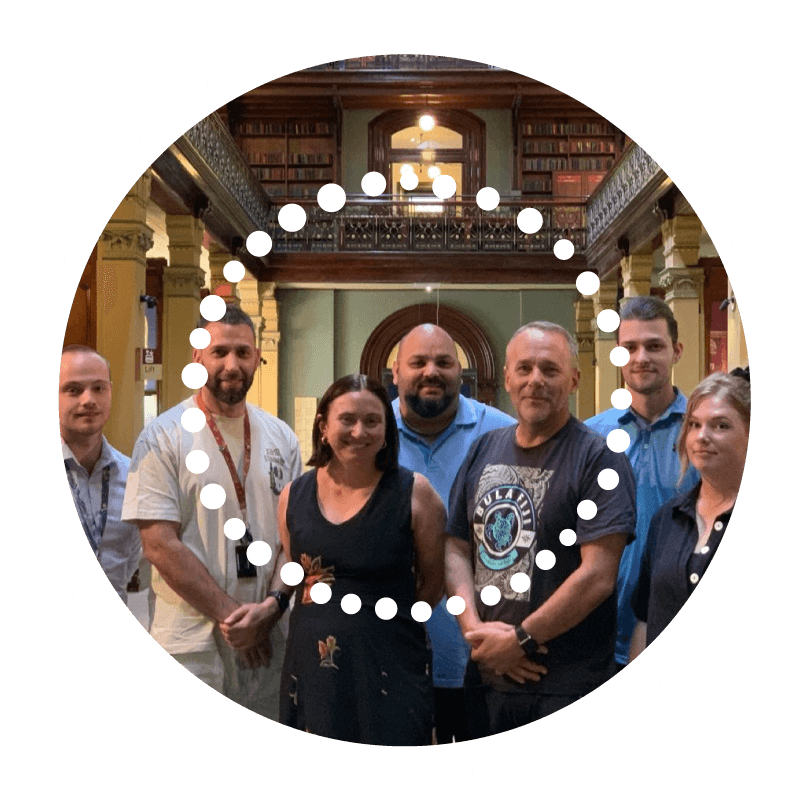Building respectful relationships between Aboriginal people and the wider Australian community.
Learn about who Reconciliation SA are, our purpose, and what we stand for.

We are a dedicated not for profit organisation committed to advancing reconciliation between the broader community and Aboriginal peoples. We build respectful relationships between Aboriginal people and the wider Australian community. We engage individuals, schools, organisations and businesses and invite them to join us in creating meaningful and lasting reconciliation.
The confidence to act in accordance with our beliefs to achieve a reconciled and just South Australia.
Accepting that relationships between First Nations and the broader community have been unjust and the impacts remain today.
Acting and engaging our community in an open and honest way without trying to hide or disguise anything.
Formal understanding and acceptance of the rights of First Nations peoples and acknowledgement of cultural and heritage beliefs.
Recognising and respecting the inherent value and dignity of all people.
Acknowledge that the process of grieving and healing enables opportunities for true reconciliation for all people.
We strive for a reconciled and just South Australia. We believe at the heart of reconciliation is respectful relationships and understanding between First Nations peoples and the broader community. We must be bold, brave and courageous.
We champion a safe and inclusive South Australian society free from racism through education, information, conversation and advocacy.
Learn about what Reconciliation SA do to advance reconciliation in South Australia.
Reconciliation SA is made up of a small team and is supported by a board of skills-based directors.
Access corporate documents such as our strategic direction reports and annual reports.
Support reconciliation by becoming an Individual Member or an organisation, business or Corporate Partner of Reconciliation SA
Get in contact with us to learn more about the services we provide or for advice and support in your reconciliation journey.